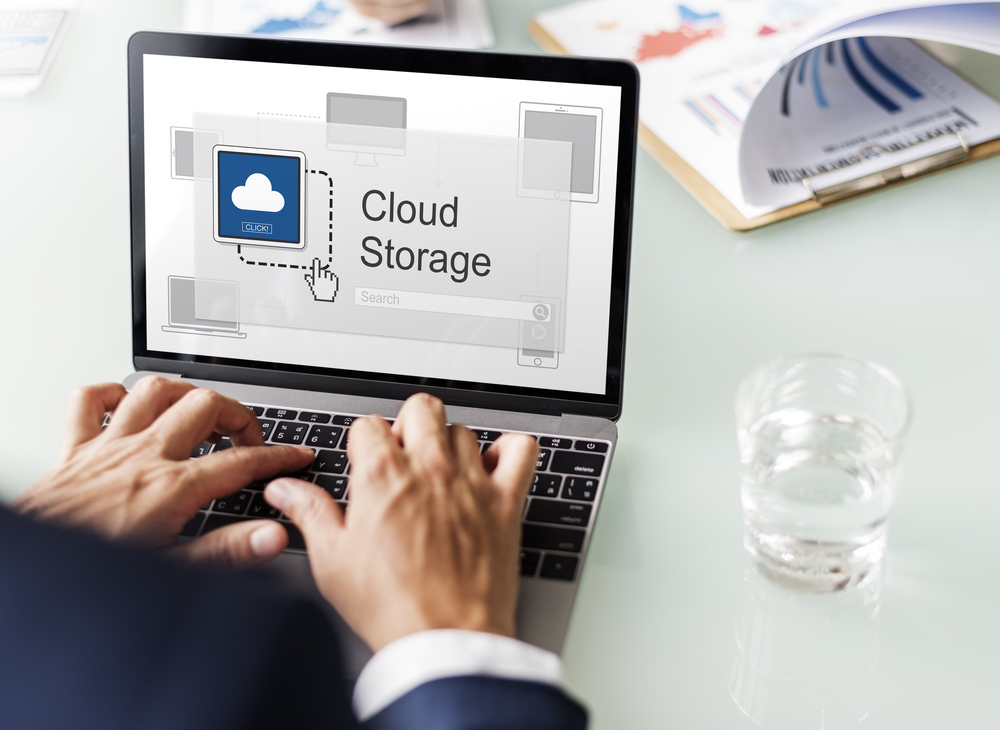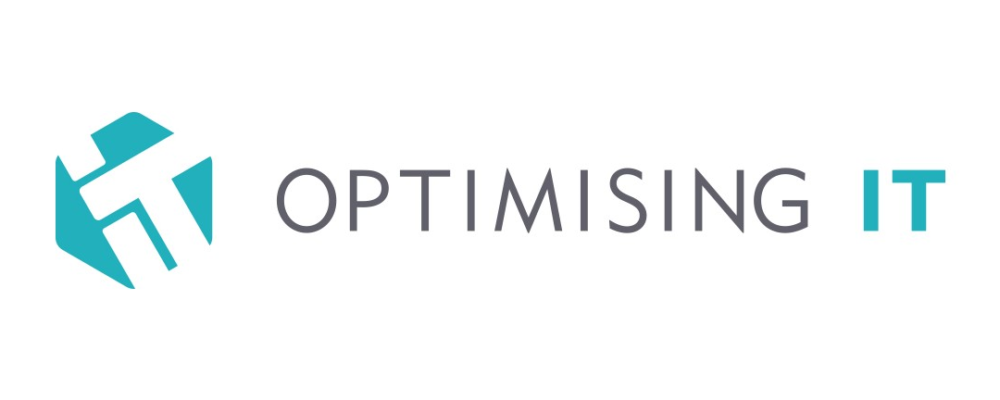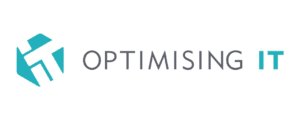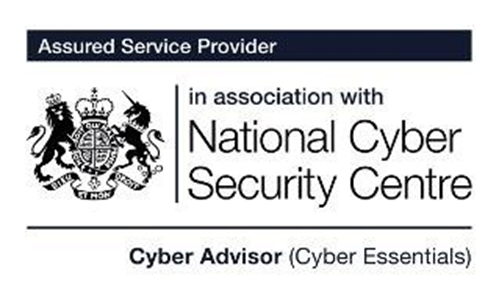Cloud storage is a godsend for many of us, allowing us to work remotely and collaborate efficiently. But with the endless barrage of viruses and computer hacks, how safe is your data?
You may be wondering whether your data is any safer in the cloud compared to on your computer or hard drive. So what happens in the worst-case scenario If you are hacked? Read on to find out whether cloud computing is as safe as many claim.
What Is the Cloud?
To begin with, we must be clear about what exactly the cloud is. The cloud refers to services that operate over the internet. Many cloud services allow you to input data, which is then saved in servers located around the world. Instead of having your information only accessible locally, i.e., from your computer, you can access your information globally, once the data is saved.
Several examples of cloud services include Apple iCloud, Dropbox, Google Drive, Microsoft OneDrive, Netflix, and Yahoo Mail. Most, if not all, email, movie, music, games, and file storage services are in the cloud. In most cases, you navigate to the website, log in, and view whatever you are searching for.
Once you are logged in, viewing your files, games, movies, or whatever else is convenient because you can view them on any device anywhere. It means you can make quick edits to a document on your phone while travelling to work, while your colleagues make their edits and contributions—all at the same time.
How Is My Business Data Protected in the Cloud?

When it comes to data protection, it is important first to consider the various data protection models to see how having our data in the cloud can improve our data security. There is backup, recovery, business continuity (BC), and disaster recovery (DR). There is also combined BC/DR and high availability (HA).
Keeping your information in the cloud allows you to meet all these data protection models. First, by moving your files to the cloud, you are most likely creating a backup because one copy will be on your computer, and the other will be in the cloud. You will also be able to create automated backups of files and even file versions.
Recovery relates to your ability to obtain lost or deleted files. By having backups of your files in the cloud, recovery is as simple as downloading necessary files to your laptop.
In the same sense, business continuity (BC) relates to how well your business can recover from a disaster. Generally, the more your processes operate through the cloud, the easier it is to recover from a business disaster. Equipment can always fail, and viruses can always lock the files in your network, but if your business processes operate using the cloud, then all your valuable data will be safe.
Usually, this is still safe and is suitable for most people. But if you plan on uploading highly sensitive or valuable information, then you will want to have your data on your own designated server. This is because there is the risk that someone uploads a virus to the server with hazardous consequences. Many cloud storage companies have their own backups of their servers, meaning your data would still be safe, but it is a risk that can be mitigated by renting a dedicated server instead of using a shared server.
What Happens if My Cloud Data Is Hacked?
Your data may get breached in two ways. The first is by your cloud company getting hacked, and the second is by you getting hacked. The first option is the least likely, especially if you are using a supplier such as Microsoft, one of the leading technology companies in the world. Even if they did get hacked, your data would be secure because it is encrypted.
The second, and more likely option, is that you get hacked, which would probably be due to a phishing attack, where someone pretends to be a colleague and gains access to your cloud drive. Again, the severity of this issue will depend on how well you manage your privacy rights and account privileges.
For example, if you set up privacy rights for a link you shared and only allowed the user to view one particular file, then anyone who gets hold of that link can only view that one file. If you created a link to a folder, that will allow anyone with the link, to access everything within the folder.
You should always be vigilant when providing access to your cloud storage, and you should use the appropriate privacy rights and user privileges for damage control, should the worst happen.
Are you interested in securely backing your data to the cloud? If you would like to reduce the risk of catastrophic data loss while making it easier for your team to collaborate anywhere in the world, Optimising IT can help create a bespoke cloud storage solution for your business.
Author: Graham Clements, Certified Information Systems Security Professional (CISSP), Senior Consultant at Optimising IT
[/et_pb_text][/et_pb_column][/et_pb_row][/et_pb_section]












